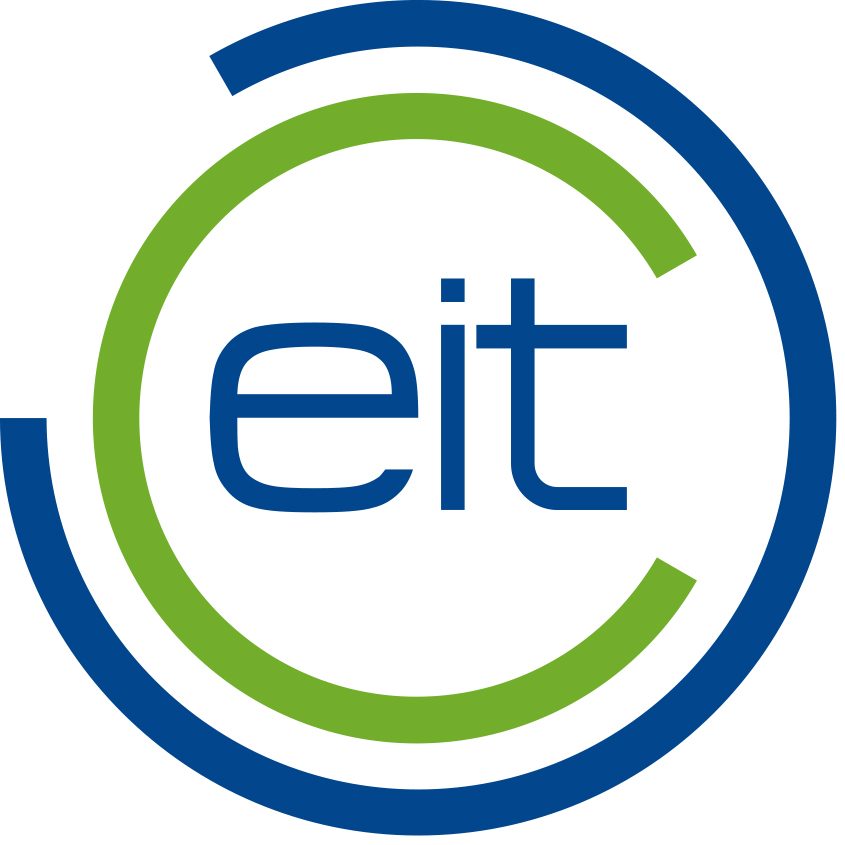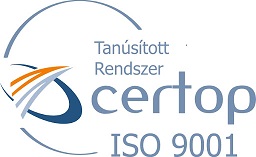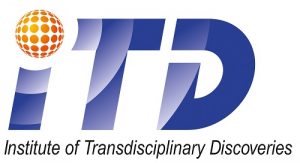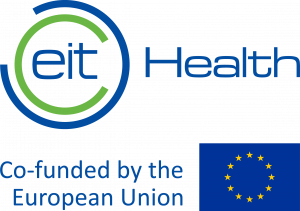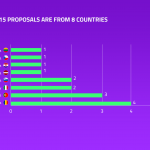Bridgehead Europe helps 15 more start-ups go abroad
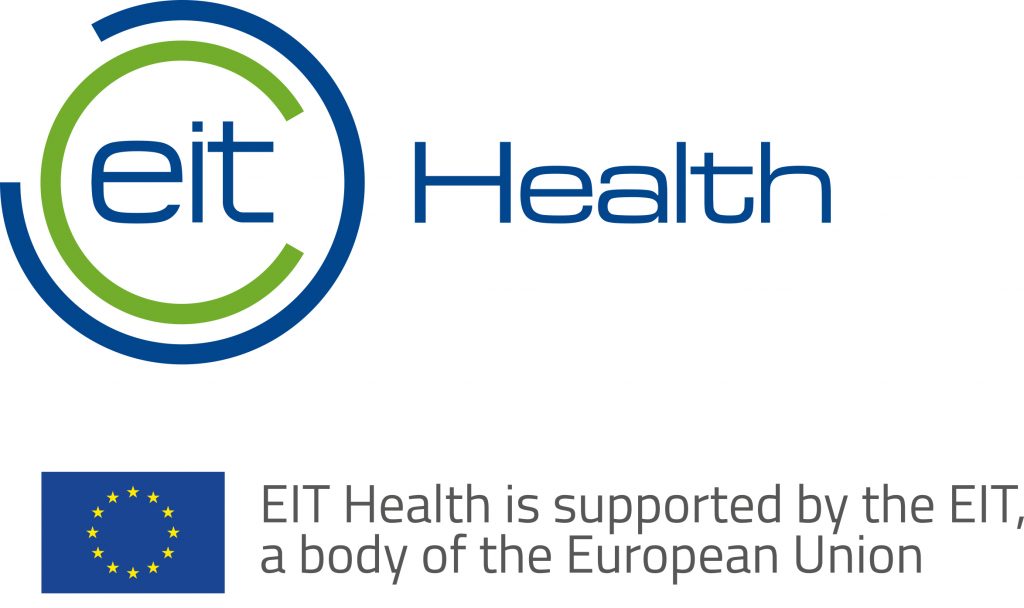
Meet the new companies joining this EIT Health programme to help healthcare innovators grow beyond their home markets
An additional 15 start-ups will receive assistance in making a soft landing in new European markets after being accepted in the second-round of applications for the EIT Health Bridgehead Europe programme in 2020.
The Bridgehead Europe programme will support the chosen start-ups in moving from their home markets to new markets in Europe. Applicants were evaluated based on the innovativeness of their solution, their business model and traction in the home market, and their need to expand to other European markets.
The selected start-ups will participate in the upcoming Bridgehead Europe Matchmaking Event on 30 June-July 1 2020, where they will have the opportunity to meet the Bridgehead CATalysers who will support them, and to start defining their internationalisation path.

The new start-ups in Bridgehead Europe
AdEchoTech (France) specialises in robotic ultrasound imaging systems. Their remote system delivers ultrasound diagnostic processes to people living in remote areas with limited access to quality healthcare services. The system improves patient care, reduces transportation costs, and secures the availability of sonographers to more patients.
Biel Glasses (Spain) focuses on the development and manufacture of technology solutions for the visually impaired. A start-up founded by the parents of a child with low vision, Biel Glasses creates smart glasses that use 3D vision, AI and mixed reality to adapt reality to the wearer’s remaining visual capacity in order to improve their mobility and personal autonomy.
BestHealth4U (Portugal) specialises in the R&D of new technology solutions for unmet health needs. The company’s first product, Bio2Skin, is a bio-adhesive that uses the natural features of the skin to allow a strong yet gentle adhesion, thereby avoiding Medical Adhesive-Related Skin Injuries (MARSI).
Cibiltech (France) develops digital solutions for predictive medicine in renal transplantation. Their AI-based algorithm helps nephrologists to better assess individual graft loss trajectory for each patient and to adjust treatment accordingly. This allows for longer survival of the graft, an extended patient lifespan and better management of clinical resources.
Cievert (UK) designs innovative software that makes healthcare delivery more efficient and effective. Founded by a clinical doctor and developed in collaboration with other clinicians, Cievert has been used to manage more than 150,000 cancer patients to date.
Hemcheck (Sweden) produces and commercialises a patented CE-marked concept for detection of hemolysis in venous and arterial blood samples – directly upon sampling. Hemolysis is the most common reason why blood samples cannot be analysed accurately. By quickly identifying hemolysis, Hemcheck contributes to increased patient safety, more efficient processes and lower costs.
HemoClear BV (Netherlands) introduces an innovative, sterile, single-use blood filter that captures red blood cells from blood shed by a patient, while removing unwanted substances. The red blood cells can be reinfused into the patient by autologous blood transfusion. Blood transfusion with a patient’s own blood cells improves medical outcomes and can be a life-saving procedure when donor blood is not available.
Implicity (France) provides a universal remote monitoring and research platform used by electrophysiology centres to deliver better quality care for their patients with connected pacemakers and other Cardiac Implantable Electronic Devices from all of the main manufacturers. Implicity is also developing AI-based medical software solutions serving the future of preventive medicine.
Lifetag (Portugal) develops diagnostic tools for chronic diseases. The company focuses on tagging in vivo real time processes, and they are planning methods to quantify pathological alterations in a non-invasive and high throughput mode. Their first product is a kit to measure intestinal permeability, a key biomarker in early-stage onset and progression of several pathologies.
MJN Neuroserveis (Spain) improves the quality of life of people suffering from epilepsy with a wearable earpiece that performs an EEG of the patient. By applying AI algorithms, MJN-SERAS is able to interpret brain signals, record the instance of epileptic seizures, improve medical monitoring and permanently assess the risk of epileptic seizure.
NNOVA AI Technolgies (Ireland) aims at developing medtech products based on AI and deep learning. Manual documentation of complex implants, a process that currently causes up to 30-minute delays during orthopaedic surgery, is error prone, and brings risk of complications. NNOVA 3D Implant Scanner documents the implants directly on the sterile side, saving costs, as well as time, as it reduces the chance of complications.
OpenG (Lithuania) develops and provides software for Emergency Medical Service (EMS) stations. Their innovation was born from the need to change paper forms used in EMS stations with more modern technologies. EMS Patient Care software created new ways of using and analysing collected data, to help teams improve the quality of medical care provided to the patient, and to enable them to make better treatment decisions, in order to help them save people’s lives.
QUIBIM (Spain) specialises in using Artificial Intelligence (AI) and medical image processing technologies to aid in earlier detection of disease and monitoring of treatment. The company provides a seamless AI radiology solution that works on several medical imaging modalities – MRI, CT, X-Ray, PET, SPECT and ultrasound – for addressing neurology, bone, and body and chest disorders. The company’s software, QUIBIM Precision® all-in-one platform, embeds AI algorithms and quantitative imaging biomarkers solutions, helping to drive hospitals, pharmaceutical companies and clinical trials to the next level of patient healthcare.
S4DX (Germany) produces the first fully automated, digital and seamless sample monitoring system for pre-preanalytics. Errors in blood samples are detected and solved at the collection site, while the patient is still present. With their transport monitoring in the form of a SmartSensorTube, S4DX generates a “digital human sample quality fingerprint” of every sample before lab arrival. All four of the company’s founding members previously worked in the regulated laboratory environment and bring in immense knowledge and experience, as well as valuable contacts in this field.
TRIBVN Healthcare (France) designs and develops software solutions for the digital transformation of cancer diagnosis. Web-based and AI nurtured, their solutions are easy-to-use and innovative. TRIBVN enables diagnostic laboratories as well as pharmaceutical and biotech industries to manage, share and analyse their cell and tissue images.
Sources, and for more information on this visit: https://eithealth.eu/news-article/bridgehead-europe-to-help-another-15-start-ups-expand-abroad/

